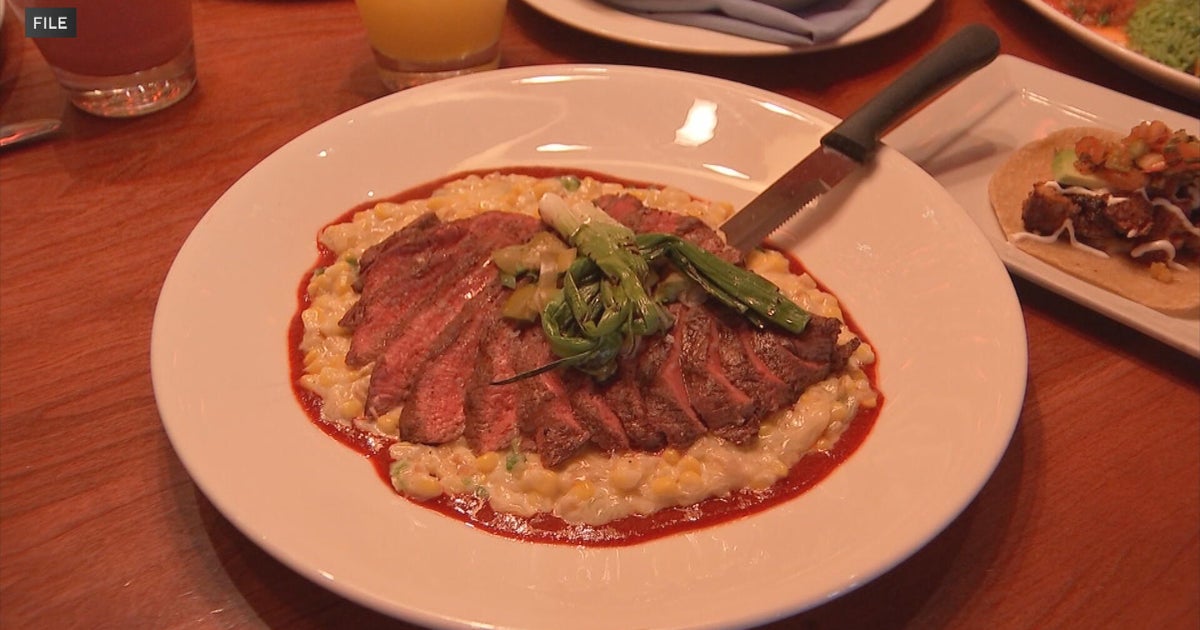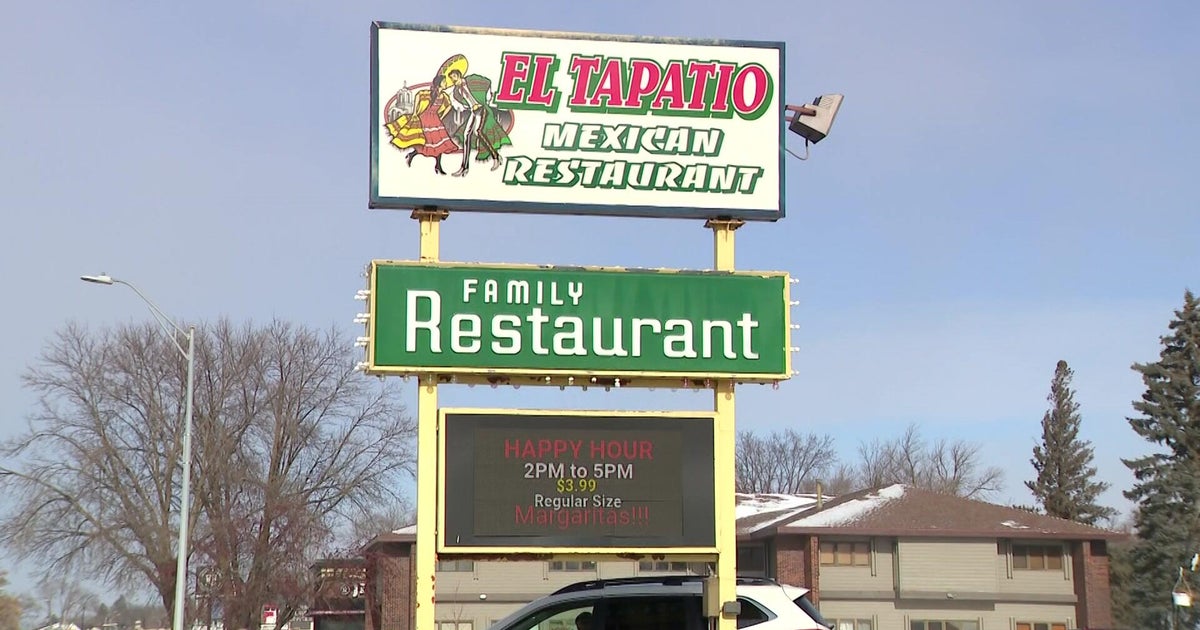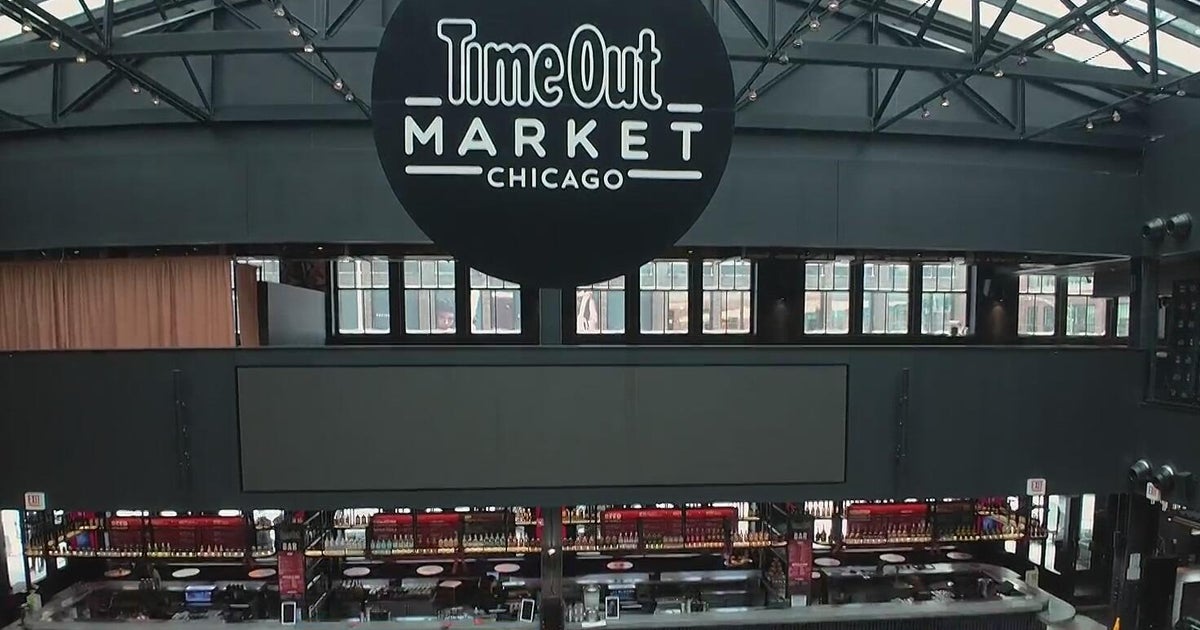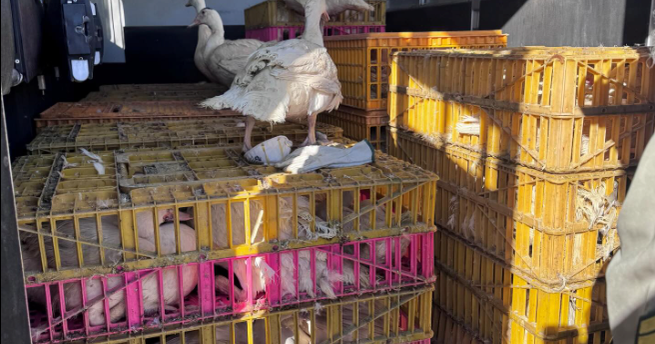5 questions to ask before starting a food truck business
When aspiring food-truck proprietors call him for advice, Keith Hill asks a few questions, among them, "Do you watch Food Network?"
"Those lines [of customers outside food trucks] are TV lines," says Hill, a barbecue restaurateur and food-truck owner in San Antonio. "In real life, you could do 50 or 60 for lunch or sometimes you could do one or two."
If you're thinking of starting a food truck, you probably already have a cuisine in mind. But that's not enough. Before you quit your day job, here are five questions you should ask.
1. Why on earth do you want to start a food truck?
When things go wrong and the kitchen gets overwhelmed with orders, it's said to be "in the weeds." Imagine the restaurant chugging around town on four wheels. You could be prepping ingredients one minute and changing a tire the next.
In other words, a food-truck owner should be comfortable smelling like food and exhaust, says Shane Coffey, owner of a food-truck business in Cincinnati.
"If you're just starting a food truck because you watched 'Chef,' don't do it," he says.
But if you're a jack-of-all-trades problem-solver with an unflappable will to succeed and a tolerance for uncertainty, that's a good start. Throw in a passion for food and a drive to put out a tummy-pleasing product, and this might be the life for you.
2. Do you have the skills to run a food truck?
Conceiving of dishes and cooking them are great skills to have, though they're only part of the work.
At various times, you'll also have to be a finance guru, a mechanic, a marketer, a manager, a trainer, a social media expert, a negotiator, a talent recruiter and an IT department, among other roles.
"You have to be able to multitask," says Hill, putting it lightly.
Having experience leading a kitchen can go a long way in this regard.
3. How often will you operate your food truck?
This may seem like just a small detail, but it'll shape your entire experience of running a food truck.
Some trucks play what Coffey calls "small ball." They operate most days of the year, hitting many different locations. They might never rake in tons of orders, but if they pick their jobs right, they come out ahead.
Going this route gives you lots of opportunities to test new ideas. The trade-off: Your income may be inconsistent, and you'll have to scramble for sales.
Some owners would rather not park somewhere and hope that people come, so they focus on big events, such as food fairs or summer music festivals. This offers predictability, but each event is inherently risky. What if it rains? You've spent $7,000 on food you can't sell.
Neither approach is hands-down better than the other. The right one for you depends on the uncertainty you're willing to bear and the time you want to commit to operating your truck.
4. Do you have support for your food truck from your family and friends?
If you have a significant other, friends or relatives who expect you to be in their lives, make sure those people are supportive. To go full bore into the food-truck life, you'll likely be working six or seven days a week, and normal days often stretch beyond 12 hours. It's busy.
It also can be an emotional roller coaster, given all the aspects of the business that must be managed and problems that must be solved. The stress could make you an unpleasant person to be around.
"It's all about that positive mental attitude," Coffey says. "It's easy to curl up in a fetal position after a night in which you thought you were selling 100 [orders] and you only got 10."
5. What's the long-term plan for your food truck?
It's good to have a long-term plan when you start, because it'll influence how you set up and run your truck, almost out of the gate.
When Coffey started his first truck in 2015, he deliberately chose a name — Street Chef Brigade — that didn't specify a dish such as burgers because he planned to eventually showcase a range of foods.
So while his first truck focuses on sandwiches, bowls and salads, the second truck will specialize in fried chicken.
"I definitely had a long-term plan," Coffey says. "My idea was not to do just one."
For related information, visit NerdWallet's guide on how to start a business.
Andrew L. Wang is a staff writer at NerdWallet, the personal finance website where this article first appeared.





